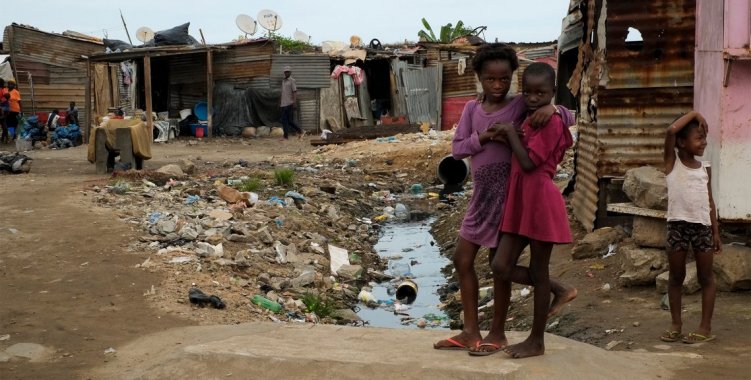The Angolan permanent representative to the UN, Maria de Jesus Ferreira, proposed, on behalf of the African Group in the Commission for Social Development, to study whether the lack of housing is a chronic or temporary problem and advocated that the resolution be adjusted for each "homeless category" through "legal, financial, environmental, economic and social policy partnerships".
Maria de Jesus Ferreira said that partnerships should follow comprehensive, human rights-based and cross-sectoral housing strategies.
Angolan diplomacy thus advocated the need to develop data collection to identify homeless people and ensure their inclusion in official statistics.
"It is imperative that the international community honours its development commitments, including the effectiveness and full implementation of the Addis Ababa Agenda for Action and Official Development Assistance (ODA), technology transfer on mutually agreed terms, market access, the Paris Accord and the Copenhagen Declaration and Programme of Action," the representative said.
The initiatives mentioned refer to declarations and action plans adopted at global conferences on sustainable development goals, climate action and poverty eradication.
Underlining that statistics show an increase in homelessness and that by 2030 three billion people will be in inadequate housing, Maria de Jesus Ferreira called for social protection through job creation, guaranteed basic income and access to social services.
She praised the African Union's Common Position and Agenda 2063 and called for international support and funding for the New Partnership for Africa's Development (NEPAD).
In the view of Angola's permanent representative to the UN, the housing crisis is mainly caused by rural poverty, lack of access to basic services in rural areas and the impossibility of subsistence farming in the context of droughts, floods or storms.
The "homelessness crisis" is aggravated by climate change and environmental disasters and requires local and national strategies under the Sendai Framework for Disaster Risk Reduction 2015-2030 - a document signed by UN countries - Maria de Jesus Ferreira said.
"While emergency shelters and temporary housing are crucial and an advance for those displaced by disaster or conflict, relocation assistance for transition to permanent housing should be provided as soon as possible to reduce the time spent as homeless," she added.
For Maria de Jesus Ferreira, the housing shortage crisis is also caused by "the incompatibility between the supply of affordable housing and increased demand," decreased purchasing power and rising rental prices.
Angola has shown particular concern over estimates that the four billion inhabitants in urban areas in 2015 will rise to 5.1 billion in 2030 and 6.4 billion in 2050, as well as estimates of urban population growth in favelas, which was 23.5 percent by the end of 2018.







